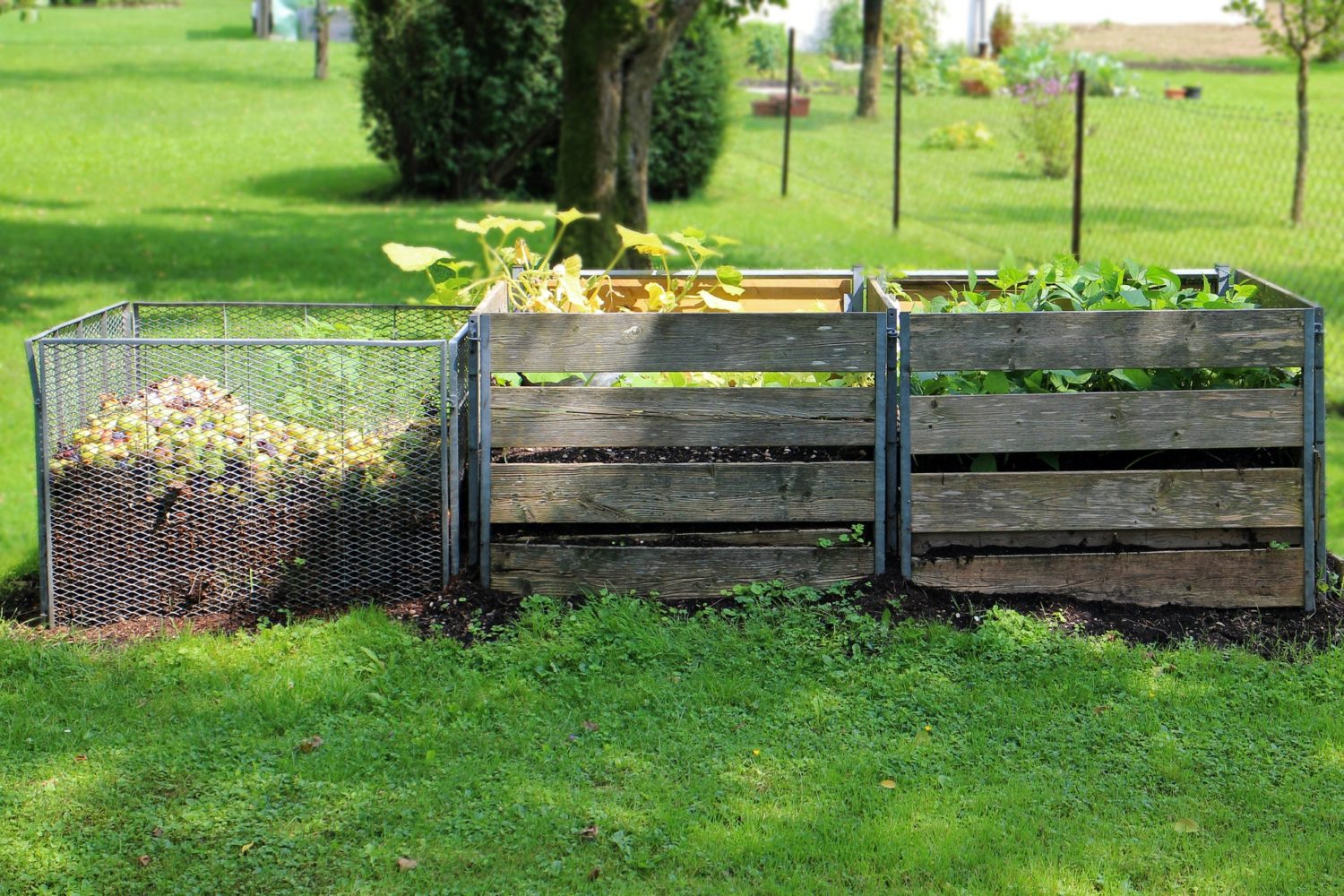What you'll need:
In order to compost at home you will need a bin. This can either be purchased at a reduced price from a composting workshop by the Mad River Resource Management Alliance during one of their two workshops in August (more information at the bottom of the page), or bought from a local hardware shore, or you can even make one yourself!
How it works:
Composting well simply consists of combining organic materials in a manner which encourages the quickest form of decomposing. This involves layering food scraps which are filled with nitrogen with carbon materials. The most common carbon materials which most people have lying around are dead leaves, twigs, wood chips or sawdust. Layering isn’t necessary, but it decreases odor and speeds up the rate of decomposition. If you really want to promote break down, you can turn your bin, or just stir it so that more oxygen is able to interact with the pile. Composting is an excellent choice for any gardener, because after the initial decomposition of the pile, if the compost is cured for a few months, then it becomes nutrient rich soil.
If you happen to have farm animals such as pigs or chickens, feeding those animals your food scraps can be an excellent alternative or supplement to composting. Like with home composting, pigs cannot consume anything which has touched meat or fish. Chickens are an excellent resource for naturally aerating compost piles, because they pick the pile apart and encourage the decomposition process.
Frequently Asked Questions:
Q: Does the law require that I compost meat and bones?
A: With home composting, you can dispose of a wide variety of food scraps, but the law does not require you to dispose of meat, fish or grease in your compost pile. It is recommended that you have a bin, or some form of storage unit for food scraps which build up during the day, and then when that bin is full, the contents are thrown into the larger compost bin outside.
Q: What about the bears?
A: You’ve likely heard that composting can attract bears and other critters, and it can, but if you take the right precautions you and your compost will be fine. You can enclose your bin in a fence, preferably electric, but if you are careful in your layering and leave meat scraps out of the compost, then bears will likely not even smell your compost. For more information on composting in bear country, go to the Vermont Fish & Wildlife's information page.
Q: Is managing compost bins the only option to dispose of food scraps at home?
A: Green Cones are a great option if you want a system that is more self-sufficient - and can break down meat and bone scraps! They are in-ground digesters that break down all types of food scraps; the bottom is in the ground, while the upper half sticks out. To properly break everything down the Green Cone needs at least a half-day of full sun, and well drained soil (or you can add gravel and sand to create drainage around the cone). Green Cones do not create compost, but simply release the nutrients from the food back into the soil around it.

